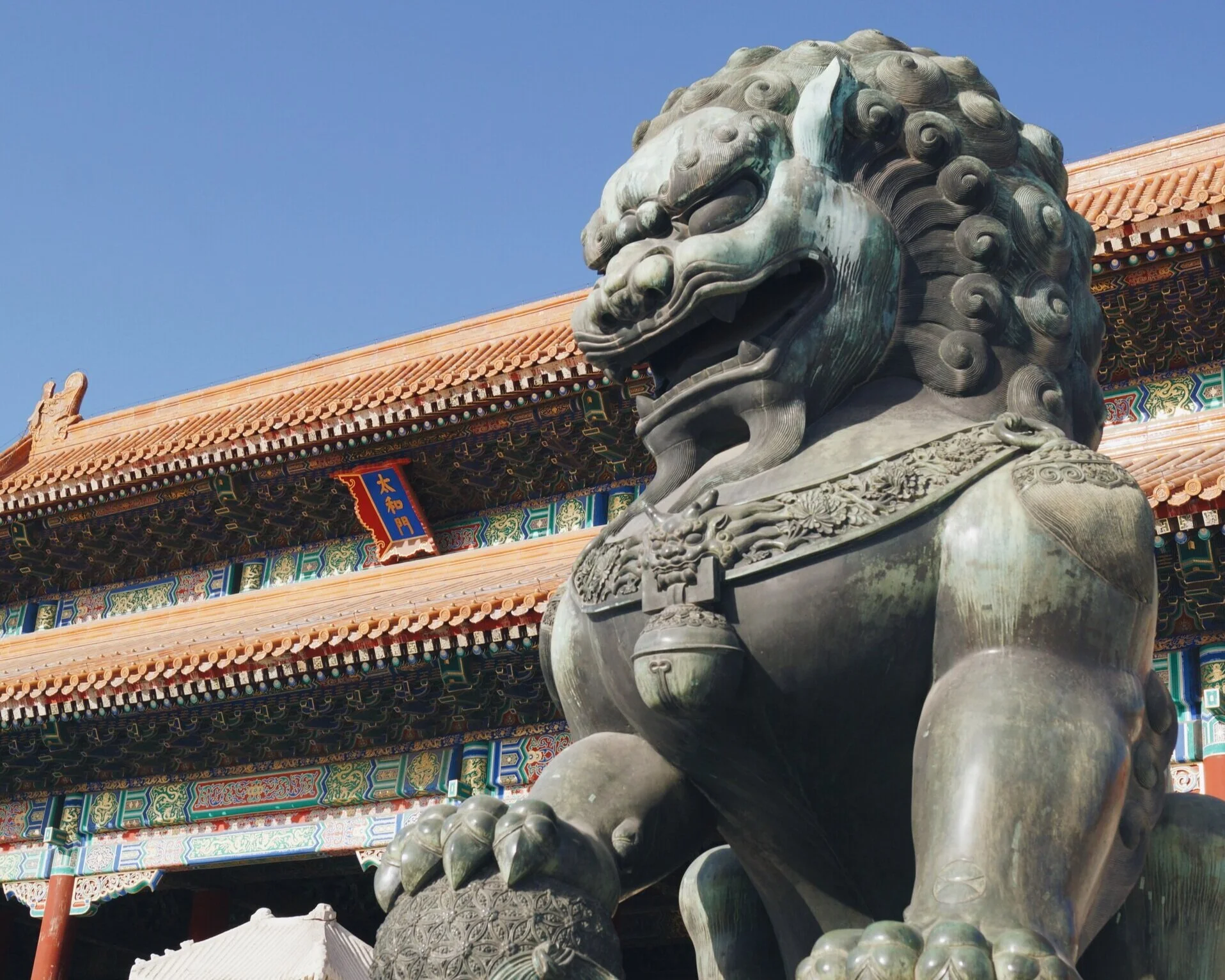Review: The Burning God by R.F. Kuang
Synopsis:
After saving her nation of Nikan from the foreign invaders and battling the evil Empress Su Daji in a brutal civil war, Fang Runin was betrayed by allies and left for dead.
Despite her losses, Rin hasn’t given up on those for whom she has sacrificed so much—the people of the southern provinces and especially Tikany, the village that is her home. Returning to her roots, Rin meets difficult challenges—and unexpected opportunities. While her new allies in the Southern Coalition leadership are sly and untrustworthy, Rin quickly realizes that the real power in Nikan lies with the millions of common people who thirst for vengeance and revere her as a goddess of salvation.
Backed by the masses and her Southern Army, Rin will use every weapon to defeat the Dragon Republic, the colonizing Hesperians, and all who threaten the shamanic arts and their practitioners. As her power and influence grow, though, will she be strong enough to resist the Phoenix’s intoxicating voice urging her to burn the world and everything in it?
Be warned: this book will shatter you.
“I am the force of creation. I am the end and the beginning. The world is a painting and I hold the brush. I am a god.”
The Burning God is the epic conclusion to the Poppy War trilogy. The book clocks in at just over 600 pages, but I practically inhaled it. I actually had to force myself take breaks because I could have easily blown through the book in a day or two. It’s incredibly rare to find an author that can captivate a reader so much that they physically can’t put the book down, but Kuang is just that good. There are so many examples of trilogies where the last book is a complete letdown; I definitely picked this book up with trepidation. I won’t say the ending was truly satisfying, but to wrap it up any other way would have been inauthentic. It was exactly how the story should have ended.
“History moved in circles—she’d learned that very well by now.”
One thing I am continually blown away by, is how Kuang is able to create such realistic characters. Rin, Nezha, and Kitay are so beautifully flawed and complex, and the relationship that grows between the three is one of the highlights of the trilogy.
Rin’s character arc is simultaneously fascinating and horrifying; she is a full-fledged monster in this book. Rin was always a morally ambiguous character, she always had a taste for vengeance, but she fully embraces the way of the Phoenix here. She was a bloodthirsty, cruel despot; she was utterly terrifying, but I still couldn’t root against her. It’s a hard line to walk between anti-hero and villain, and Kuang does this incredibly well.
I only found out after I had finished the book, that Rin is actually based in part on Mao Zedong, which is so obvious in hindsight that I’m embarrassed I didn’t realize it.
“It’s not for you. It’s not a favor. It’s the cruelest thing I could do.”
There are so many themes at play here, and Kuang masterfully weaves them all together into a cohesive narrative. The seemingly unending destruction of war is a huge one. The war between Dragon Republic and Southern Coalition has gone on for so long, and takes such a cruel toll on Nikan. So many atrocities have been committed, so much has been ravaged, that there are no true winners. The fact that this is all based on very real events in history helps ground the more fantastical elements of the plot.
“War didn’t end, not so cleanly—it just kept building up in little hurts that piled on one another until they exploded afresh into raw new wounds.”
The biggest threat by far, is that of Hesperian colonization; it looms large throughout the story, and it’s one of the driving forces behind every action Rin takes. It’s interesting to note that Rin and the rest of the shamans possess such devastating powers of destruction—one has the power to poison people, the ground, and water with only a brush of the fingers—yet the most formidable villains in this story are merely humans.
This trilogy is and isn’t an easy read. It’s easy in the sense that Kuang’s writing grips you, and doesn’t let you go; once you start reading, you’re so absorbed in the story and the characters that you can’t stop. It’s difficult because it covers some really heavy topics. Kuang doesn’t shy away from exposing the absolutely horrendous sufferings that war inflicts on humanity. I gasped out loud so many times reading the battle scenes—which were just incredible; Kuang is amazing at writing action sequences—and every time my remarkably patient partner declared, “I don’t want to know.”
“Enjoy your Republic, she thought, fingers curling against the cold armrest. Take a good look at your splendor, and remember how it feels. Because I am coming to burn it all down beneath you.”
Each book in the trilogy is based on a period of Chinese history. The Burning God is heavily influenced by the Chinese Civil War, the Great Famine, and European imperialism in China. I would love to go into more detail and historical comparisons, but I don’t know a ton about these periods of history—although thanks to Kuang, I’m going to be reading a lot more about it. However, for anyone interested in the history behind The Poppy War, the blog Read by Tiffany has a fantastic post about it that I highly recommend.
For anyone who has started reading The Poppy War, you won’t be disappointed by The Burning God. And for people looking for amazingly detailed worldbuilding, detailed and flawed characters, and a fantasy story grounded in historical events, go out and start reading these books already!
TW: Violence, war, death, torture, colonization, racism, genocide, colorism, animal abuse/death, drug use, mutilation, sexual assault, cannibalism, etc.


